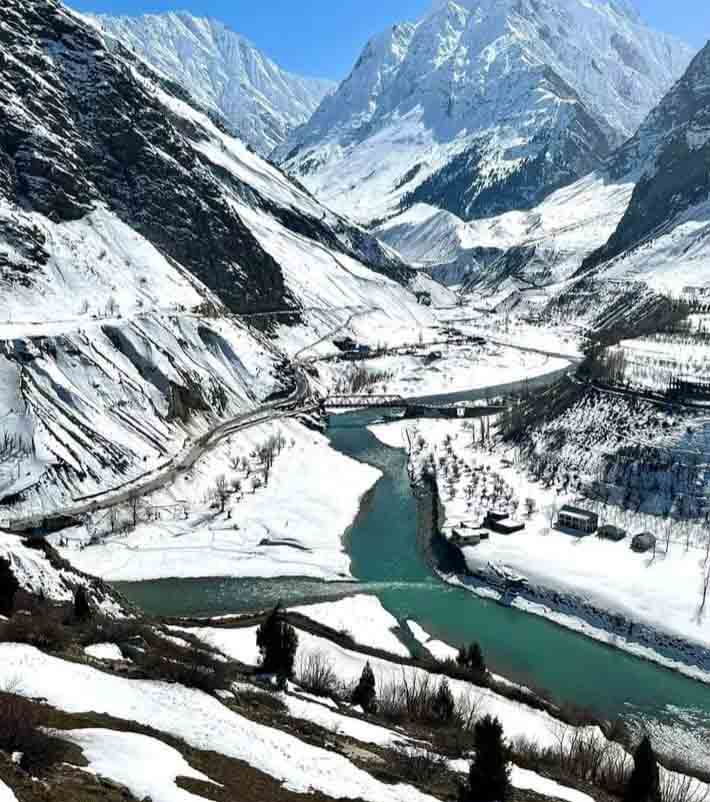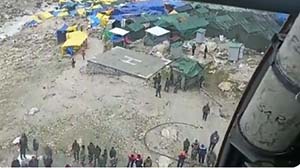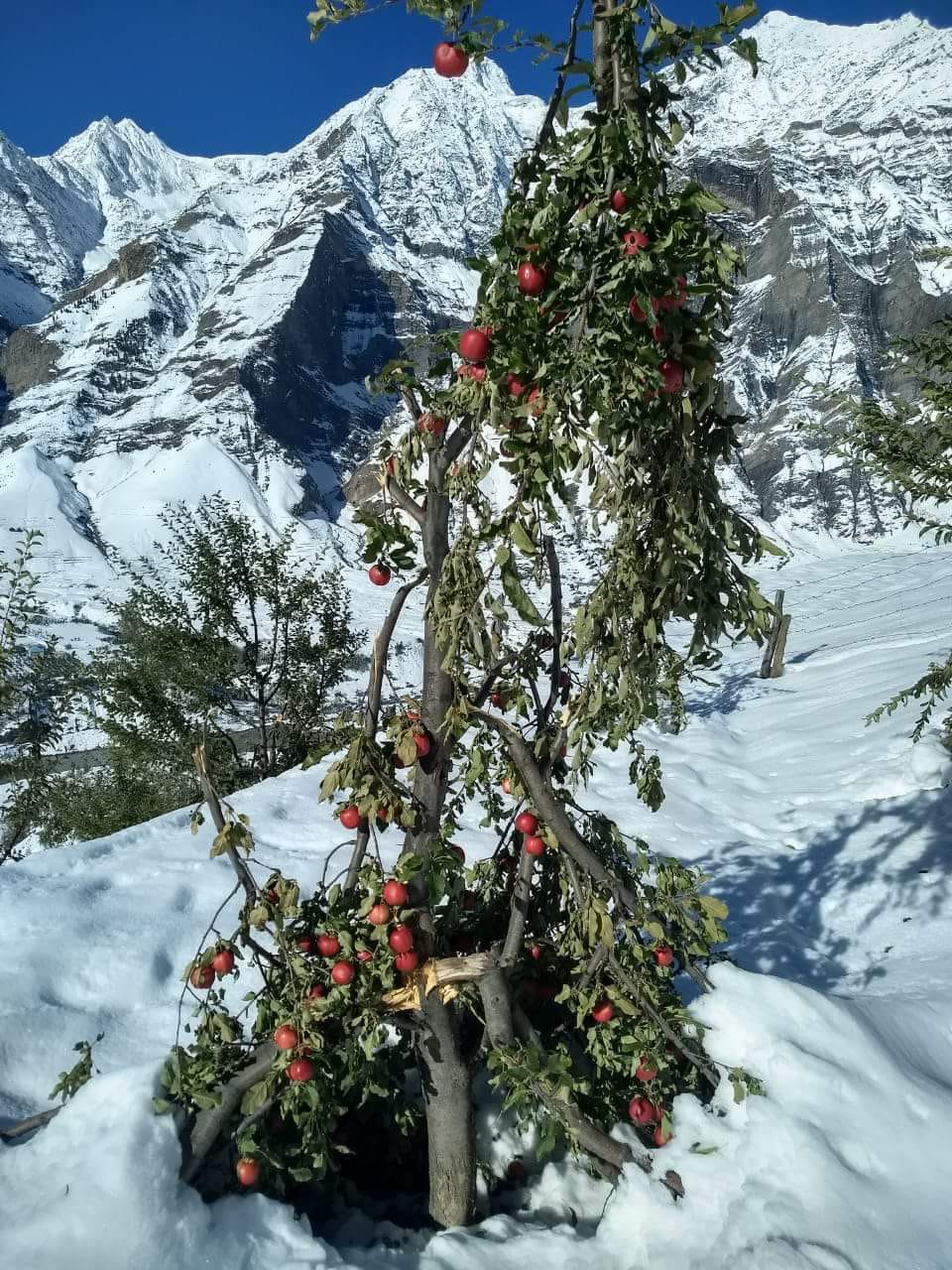SHIMLA: Himalayan state governments, despite their constant rhetoric on green energy and climate change, displayed a blatant disregard for International Mountain Day on December 11, 2023.
Apathy is more than obvious: Ashwini Khad, a main artery of Shimla and Solan towns is the most polluted and flows painfully like a sluiceway right under the nose of the Himachal government!
Ashwini river has earned epithet of a "river of plastic" and NGT took the cognizance and advocated remedial measures. But result "Net Zero". Reason: the government only talk. talk. talk and sloganeering.
The International Mountain Day, observed to promote sustainable development and mountain conservation, was largely ignored by all but the Himalayan Forest Research Institute (HFRI), Shimla.
Not only this, NGOs making fast bucks in the name of protecting Himalaya abound, but there is little happening on the ground as mountains continue to bleed.
While the HFRI took the initiative to organize an event focusing on the theme "Restoring the Mountain Ecosystem," other state governments showed apathy towards the health and preservation of their mountains.
Dr. Jagdish Singh, Scientist and Divisional Head at HFRI, emphasized the critical role mountains play as sources of clean water and proposed a solid waste management policy to safeguard the environment.
The keynote speaker, Dr. Vaneet Jishtu, a field botanist. HFRI underscored the urgency of restoring mountain ecosystems.
He highlighted that mountains house 15% of the world's population and nearly half of the world's biodiversity hotspots, yet they face severe threats from human activities such as deforestation, mining, and urbanization.
Dr. Jishtu stressed the importance of afforestation and indigenous tree planting in restoring contaminated land, preventing soil erosion, and preserving biodiversity. He cited examples of local communities, such as the Drokpa/Brokpa community in Ladakh and the Changpa community in More Plains, contributing significantly to mountain ecology preservation.
Director of the Institute, Dr. Sandeep Sharma, voiced concern about the deteriorating condition of the Ashwani Khad river, the most polluted river that bear the brunt of the pollution of Shimla city.
He urged for immediate measures to improve the situation and emphasized that the exploitation of forests for short-term gains jeopardizes the long-term sustainability of the economy.
Despite the alarming signs of landslides, flash floods, and denudation threatening the mountains, the state governments in the Himalayan region failed to acknowledge the pressing issues on International Mountain Day.
The day served as a stark reminder of the need for collective action and local community involvement to ensure the preservation of vital mountain ecosystems.




